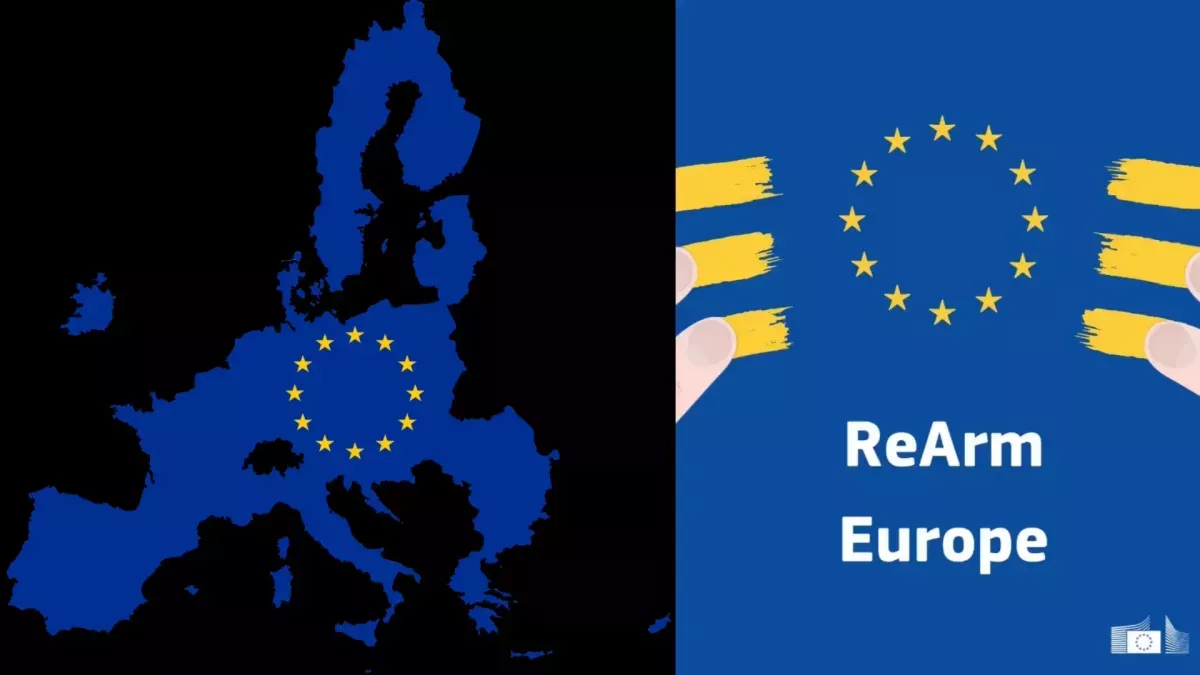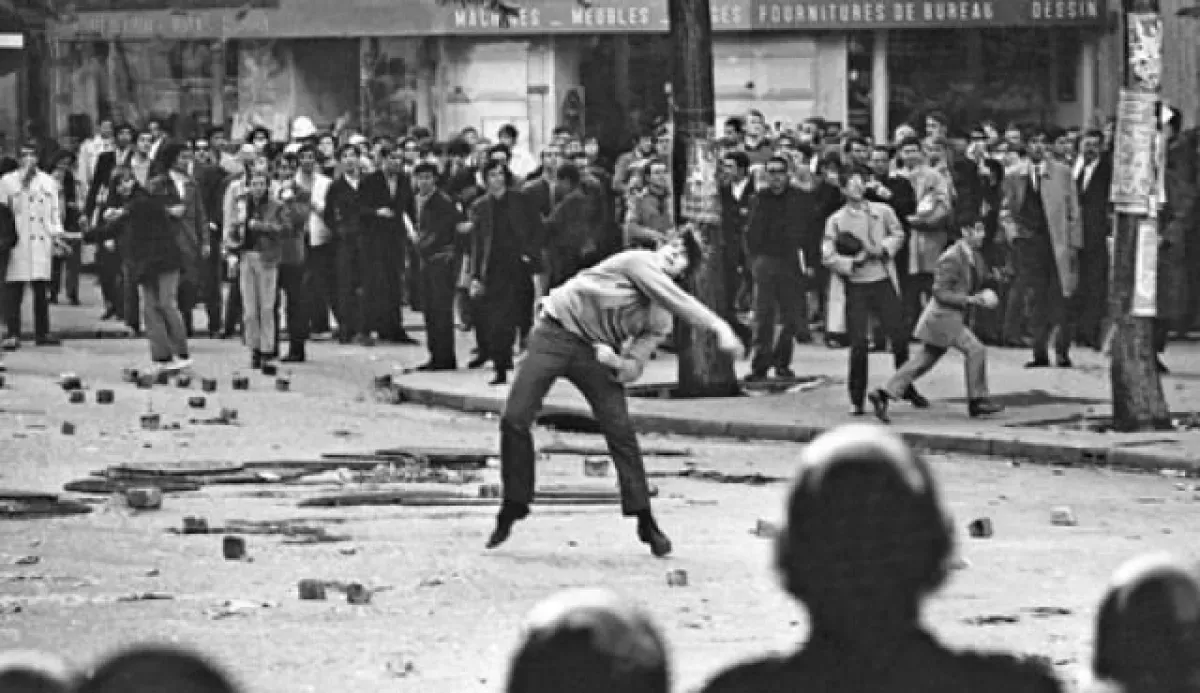Rearmament of Europe and global consequences Lessons from history
European Union countries intend to increase military spending under the ReArm Europe programme, approved by the EU in spring 2025. This involves a 1.5 per cent rise in defence allocations. Various figures and timelines have been mentioned for the increase in military expenditures—ranging from €650 billion to €2 trillion by 2030–2031. In any case, the expansion of armies, armaments, and the development of the military-industrial sector is a policy currently supported by leading European countries, including Germany, France, the Netherlands, Poland, and many other states, as well as the United Kingdom, which is not part of the European Union.

Government bodies plan to develop special measures to involve private companies in the defence sector and to utilise loans necessary for military needs. As a result, EU countries will revise credit policies related to defence spending, permissible levels of public debt, the maximum allowable budget deficit, and several other targeted indicators. Dozens of defence factories are already being established from scratch.
This policy will have several consequences. Firstly, it will require intensive development of related industries—machine tool manufacturing, metallurgy, instrumentation, and others.
Secondly, Europe, including the United Kingdom, will be compelled to focus on overcoming economic dependence—on the United States on one hand, and on China on the other. After the end of World War II, European countries were under the military protection of a superpower—the United States—and since the 1990s a significant portion of industrial capacity had been relocated to China. Today, however, China has itself become a superpower with its own ambitions, while the United States has made it clear that it no longer intends to guarantee Europe’s security through military force, simultaneously initiating a trade war against European countries. This trade conflict, affecting other regions of the world as well, only reinforces the need to create a self-sufficient economy.
Economists, when describing similar processes that occurred in the early 1930s during the Great Depression, noted that these very processes destroyed the global economy. They were replaced by self-sufficient (autarkic) empires. This inevitably intensified the struggle for resources and made a world war virtually unavoidable. If rare earth materials or oil are lacking, the question arises: where to obtain them, and how? Historically, the answer has been one—fight for them, or at least threaten those who possess these resources.
Today, protectionist measures are unlikely to be as severe. The economy has become far more complex, and the role of international markets has grown significantly, making it extremely difficult to minimise their influence. Entire sectors of Indian and Chinese industry are export-oriented, and over the past century the share of the United States in global trade has risen from 6 to roughly 18 per cent. Nevertheless, the move toward economic self-sufficiency and the protection of domestic markets through tariffs could have similar consequences, potentially ushering the world into a new era of global confrontations.
The growth of the defence sector and related industries will mean an accelerated reindustrialisation of Europe. This will bring other consequences as well—the role of the European working class, the factory proletariat in the broadest sense (not just machine operators, but also production specialists), will change. The influence of factory workers is set to increase.

Historically, such changes have led to an increase in strikes, as workers begin to recognise their power. During economic crises, which inevitably follow periods of growth, they can react strongly. Europe has repeatedly experienced such class confrontations. One only needs to recall the turbulent events of the 1960s and 1970s in France, Italy, Spain, Portugal, and Greece, when millions went on strike demanding higher wages, and in some cases labour collectives even occupied factories. It was during this period that Europe’s ruling circles decided, “to be on the safe side,” to support the relocation of production to China and other regions. The reasons were both economic—cheap low- and medium-skilled labour in Asia—and political, as some experts note, a potentially dangerous social layer needed to be moved away from decision-making centres. In theory, a new wave of industrialisation could once again sharply alter internal stability within the European Union.
The main consequence of rearmament, however, will be a shift in the tone of European powers. If Europe’s military might increases manifold, there will be a temptation to address the outside world in the same assertive manner Europeans employed in the 19th century.
Yet, unlike then, Europe today faces powerful competitors on the global stage.








